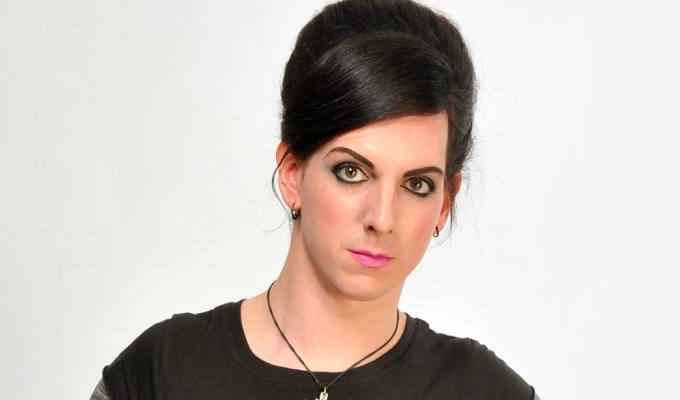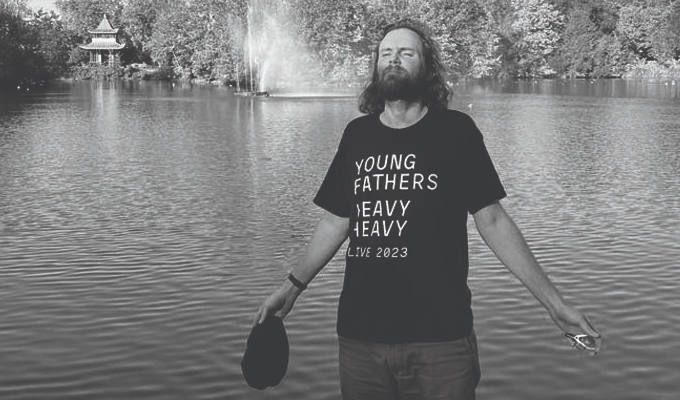
Kiran Deol: Joysuck
Edinburgh Fringe comedy review
As well as being a comedian, Kiran Deol is a Harvard-educated documentary-maker who was nominated for an Oscar for a film she made about the women fighting in the Maoist rebel army in the Nepalese Civil War.
And she employs both the sharp intelligence and clear-sighted storytelling skills of her former life to tell her own story of how a random man smashed a bottle into her face in an unprovoked attack in Los Angeles last December. The horrific injuries required plastic surgery to fix, but luckily left her sight intact. Was it a hate crime? It’s uncertain.
Weaved into this is a rumination on the nature of villainy and victimhood and how the two might be intertwined in ways beyond the obvious. That’s informed by the fact Deol – who is from a British-Indian Sikh family – was brought up never to see herself as a victim. Such an incident tests that mantra to the limit.
The poorly titled Joysuck is obviously a significant step in shedding any ‘victim’ label, and taking control of the narrative through comedy. Of course, her mates in stand-up were cracking jokes about her injuries as soon as they found out about them, all part of the recovery.
A rich vein of first-hand observational humour runs through the narrative, especially when we meet characters such as Dr Justin, the plastic surgeon with offhand comments as cutting as his scalpel, or the District Attorney speaking with a lazy, Valley Girl vocal fry. However her story, told lightly and usually with an infectious smile, is more important than jokes.
By way of introduction to her mum’s ‘never be a victim’ mantra, Deol repeats some of the racist insults she received as a child. The room gets tense at the language – except, tellingly – some of the Asian members who laugh uproariously at its awful truth.
With the attacker’s motives unknown, Deol merely dismisses racism as passé when it’s much more rewarding to hate other people for who they are beyond skin tone. But the issue is given no more prominence than a similarly brief consideration of villainesses as feminist icons.
The shocking assault and her treatment is vividly told, and while Deol – who also starred in the short-lived US sitcom Sunnyside – might be guilt-shaming the audience into laughing at her ordeal, laugh we do.
There’s also a big dilemma at the story’s conclusion that forces the audience to interrogate their morals, with no correct answer.
Deol is an assured chronicler of her narrative, which she has made fascinating and funny in equal measure.
Review date: 19 Aug 2023
Reviewed by: Steve Bennett
Reviewed at:
Gilded Balloon Teviot









